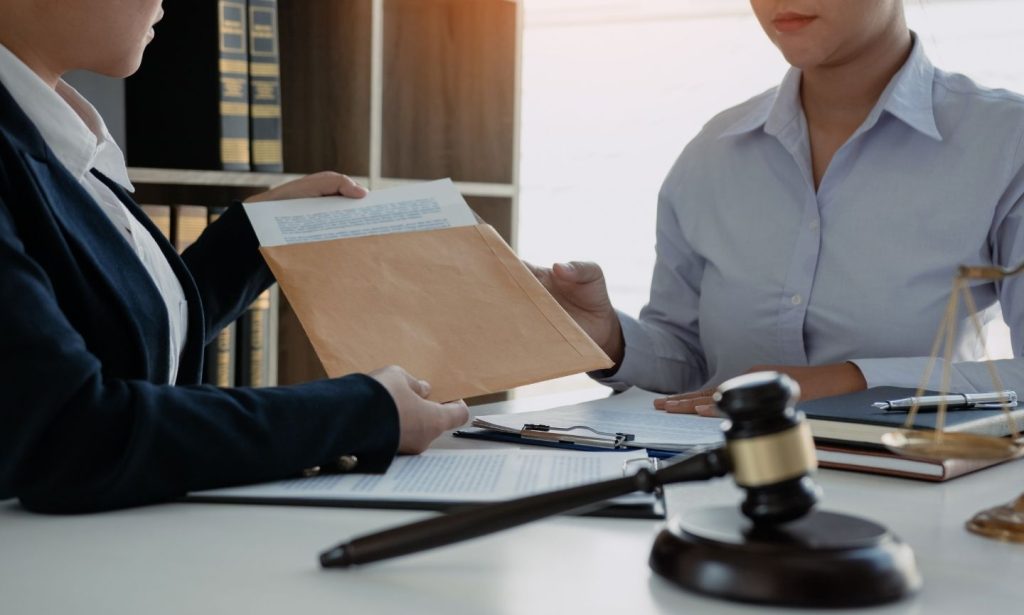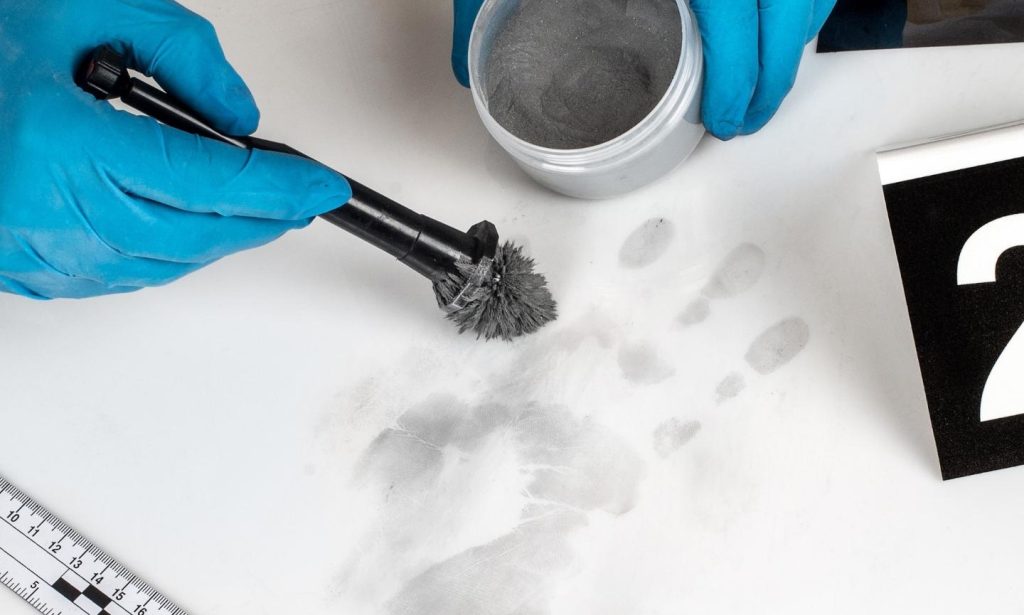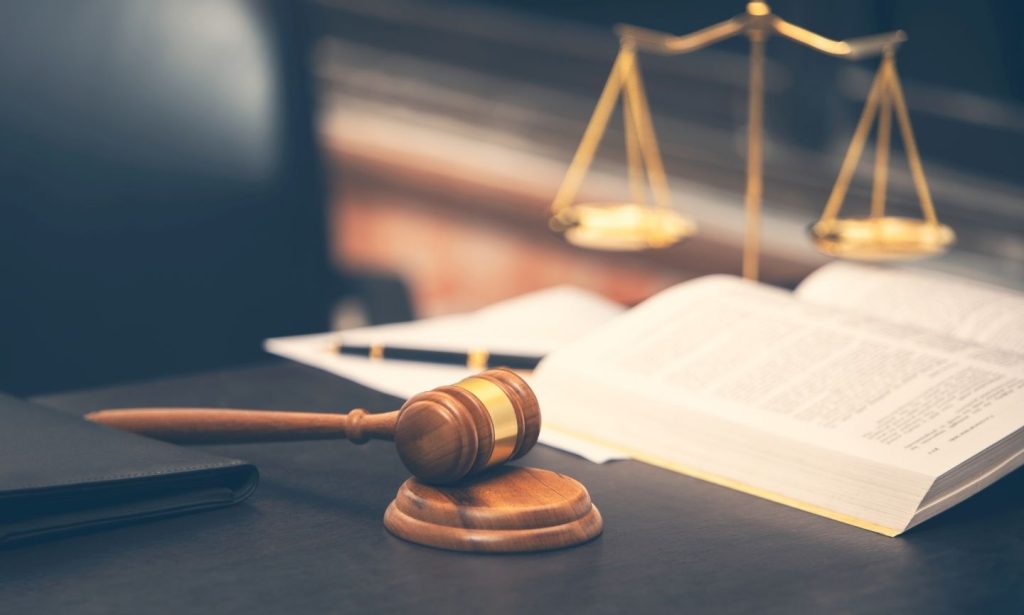Navigating the discovery phase in a criminal case can feel like wandering through a legal maze. It is a crucial part of the process that ensures both sides have a fair shot at presenting their case. But the burning question often is, how long does prosecution have to provide discovery? The answer to this question can significantly impact the defense and the overall outcome of a case. Let’s dive deep into the details, timelines, and implications of the discovery process.
Types of Discovery in Florida Criminal Cases

The discovery process is not a straightforward, one-size-fits-all arrangement. In Florida criminal cases, discovery involves various types of evidence that the prosecution must disclose. Understanding these categories is crucial for building an effective defense.
Document Production
Document production is the backbone of the discovery process, and it can include:
- Police Reports: These reports are fundamental pieces of evidence. They contain the official account of the crime as recorded by law enforcement officers. Access to police reports is among the first things a criminal defense attorney will request.
- Witness Statements: Witness statements are also considered discoverable material. These can include statements made to police or during depositions and are essential for uncovering inconsistencies or biases.
- Expert Reports: The prosecution may also include expert witness reports as part of discovery. These might consist of forensic analysis, scientific tests, and any evaluations that form the basis of the prosecution’s case. Such reports are critical for scrutinizing the methods and validity of the evidence being presented.
- Physical Evidence: Items such as weapons, clothing, or other physical items tied to the alleged crime are often made available during discovery. Ensuring the defense has access to all tangible objects is key to ensuring fairness.
Depositions
Depositions are a formal part of the discovery process where witnesses are interviewed under oath before the trial begins. This can include:
- Law Enforcement Officers: These depositions help the defense understand the sequence of events as seen by law enforcement.
- Potential Witnesses: Witnesses to the crime, or those who may have heard incriminating or exculpatory evidence, can be deposed to understand their version of events.
- Expert Witnesses: Depositions of forensic experts or specialists who conducted scientific testing can help the defense challenge their findings or uncover inconsistent statements.
Interrogatories
Interrogatories are written questions that the prosecution or witnesses must answer under oath. These are often used to:
- Uncover Facts: Written interrogatories can provide clarity on specific details, such as timelines, motives, or investigative steps taken by law enforcement agencies.
- Establish the Prosecution’s Case: By understanding the answers given, the defense can develop a strategy to either disprove or minimize the prosecution’s claims.
- Explore Discovery Matters: Interrogatories can help reveal agency procedures, investigative agencies involved, and the methods used to collect evidence.
Legal Obligations of the Prosecution
The prosecution must adhere to strict discovery rules to ensure the criminal defendant has a fair trial. These rules are vital in maintaining the integrity of the judicial system.
What Must Be Disclosed
The prosecution is required to disclose a wide range of materials, such as:
- Exculpatory Evidence: Any evidence that might help prove the defendant’s innocence must be disclosed. This includes witness statements, forensic reports, and any other relevant material that could assist the defense.
- Physical Evidence: The prosecution must share all physical evidence in their possession. This could include tangible objects linked to the crime, like fingerprints, clothing, or weapons.
- Expert Witness Reports: Reports generated by experts, such as forensic examination results or laboratory analysis, must also be shared as part of the prosecution’s disclosure obligations.
- List of Potential Witnesses: The prosecution must also provide a list of all potential witnesses they plan to call during the trial. This ensures that the defense has time to prepare for cross-examination.
Timing of Disclosure
How long does prosecution have to provide discovery? In Florida, and in many other states, discovery obligations must be met within a reasonable timeframe:
- Initial Disclosure: The prosecution usually has around 15 days from the time the defense requests discovery to provide these materials. This initial disclosure includes police reports, statements from witnesses, and other discoverable material.
- Ongoing Responsibility: If the prosecution discovers new evidence, they have a continuing duty to disclose this information as soon as possible. This might include additional material obtained during ongoing investigations or as the trial approaches.
- Judicial Rulings: Specific deadlines may also be set by judicial rulings or the district court handling the case. These deadlines ensure that both sides have enough time for trial preparation.
Deadlines for Discovery in Criminal Cases

Discovery deadlines can be complicated, but they are essential for ensuring a fair and efficient trial process. Let’s break down the critical timelines involved.
Initial Discovery Deadlines
- Initial Disclosure Requirements: As noted, the prosecution has a limited time (usually around 15 days) to respond to the defense’s initial discovery request. During this time, the prosecution must provide all relevant material, including formal reports, witness lists, and scientific tests.
- Ongoing Investigations: If evidence is still being processed—such as results from a forensic examination—the prosecution must inform the defense and provide those results as soon as they become available. This ongoing process of discovery is vital for maintaining transparency.
- Additional Evidence: If additional evidence comes to light, the prosecution must provide it promptly to the defense. This includes anything that may arise during parallel proceedings or from joint investigations.
Ongoing Responsibilities
- Continuing Duty to Disclose: The prosecution has a duty to update the discovery materials if new information comes to light during the investigation. This ongoing responsibility helps ensure that the defense is always operating with the most current information.
- Discovery Updates: Even close to the trial, if new evidence is obtained, the prosecution must disclose it. This includes evidence from covert investigations, last-minute forensic analysis, or witness statements gathered as the trial approaches.
Consequences of Failure to Disclose
If the prosecution fails to provide discovery on time or omits crucial evidence, there can be severe consequences.
Impact on the Defense
- Trial Preparation: A lack of timely discovery impedes the defense’s ability to prepare for trial. Not receiving discovery materials—such as forensic reports or witness testimony—can leave the defense at a significant disadvantage.
- Continuance or Mistrial: If discovery obligations are not met, the defense may request a continuance to review late-disclosed evidence. In more severe cases, a judge might declare a mistrial if it’s determined that the failure to disclose has irreparably harmed the defense’s case.
- Surprise Evidence: Surprise evidence can be devastating for the defense and lead to unfair prejudice. Discovery rules are designed to prevent such situations, ensuring that all evidence is known well in advance.
Potential Sanctions for the Prosecution
- Exclusion of Evidence: The judge may exclude evidence that was not disclosed in time, which can severely damage the prosecution’s case.
- Sanctions and Penalties: Judges can impose fines, or even harsher sanctions, on the prosecution for failing to meet discovery obligations. These penalties serve as a deterrent against withholding or delaying evidence.
- Mistrial: In cases where discovery violations significantly affect the fairness of the trial, a judge may declare a mistrial, forcing the prosecution to restart the process.
Differences Between Criminal and Civil Discovery
Discovery procedures differ widely between criminal and civil cases, primarily due to the stakes involved and the objectives of each type of proceeding.
Standard Procedures in Criminal Cases
- Limited Scope: In criminal cases, discovery is more controlled, with both sides having access to only specific, relevant pieces of evidence. The goal is to prevent unnecessary disclosure of sensitive information.
- Reciprocal Discovery: In criminal cases, the prosecution often bears the brunt of disclosure obligations. However, the defense also has some duties—this is known as reciprocal discovery. For instance, if the defense intends to use an expert at trial, they must provide related reports to the prosecution.
Key Variations in Civil Cases
- Broad Discovery: In civil cases, discovery is broad, covering a wide array of documents, communications, and other records. This can include agency files, internal reports, and other evidence that might not be admissible in criminal cases.
- Depositions and Interrogatories: Civil cases often rely more heavily on depositions and interrogatories to gather evidence. In criminal cases, these are less frequent but still critical tools.
- Agency Procedures: Discovery in civil cases might involve government agencies and their agency requirements for maintaining and disclosing information. Civil litigants can often access more expansive records than would be permitted in criminal cases.
Role of a Criminal Defense Attorney

Facing criminal charges is daunting, and a strong criminal defense attorney is essential for navigating the discovery process and leveling the playing field.
- Managing Discovery Requests: A criminal defense attorney will file discovery requests to obtain all possible evidence. They ensure that the prosecution complies with their disclosure responsibilities, helping to bring all material discoverable to light.
- Scrutinizing Evidence: By carefully examining police reports, formal interview reports, forensic analyses, and witness statements, a defense attorney can identify inconsistent statements or weaknesses in the prosecution’s case.
Ensuring Compliance with Deadlines
- Compliance with Discovery Obligations: A skilled defense attorney ensures that the prosecution meets its obligations and will push for any evidence that has not been disclosed within the deadlines.
- Responding to Discovery Violations: If the prosecution fails to meet discovery requirements, the defense attorney can take steps to address the violation. This might include motions to exclude evidence or requests for a continuance.
Practical Tips for Defendants
Facing criminal charges is overwhelming, but understanding the discovery process can help you feel more in control. Here are some practical tips:
Understanding Your Rights
- Right to a Fair Trial: You have a right to see the evidence against you, whether it’s police reports, physical evidence, or witness statements. A defense attorney will help ensure your rights are protected.
- Consult Legal Resources: Lean on your attorney or use online resources to understand what should be disclosed by the prosecution.
Preparing for Trial Based on Discovery
- Review Everything: Work closely with your attorney to go over all materials disclosed by the prosecution. Reviewing formal reports, laboratory results, and forensic analyses is critical for trial preparation.
- Investigate Further: Your attorney may decide to conduct parallel proceedings or additional investigations to challenge the prosecution’s case. This is especially important when uncovering discrepancies or false statements in the evidence.
- Leverage Expert Testimony: If forensic evidence is involved, your defense team might consult forensic experts to review the prosecution’s findings and provide testimony in your favor.
Conclusion
Discovery is a vital part of the criminal justice system, and the timelines involved can make or break a case. So, how long does prosecution have to provide discovery? The answer is often a matter of weeks, with ongoing obligations that stretch all the way to the trial. A skilled defense attorney can help ensure the prosecution meets these deadlines, and ultimately, that your rights are protected. The stakes are high, and the rules are complex, but understanding the process can empower you as you face the legal system.
Also Read: What Will Disqualify You from Adopting a Child?
FAQs
The court may impose sanctions, exclude evidence, or even declare a mistrial if discovery deadlines are not met.
Yes, the defense can file additional requests if new evidence comes to light or if ongoing investigations reveal more information.
No, some materials are protected, like certain privileged communications or items not relevant to the subject matter.
The defense also has an obligation to disclose some information to the prosecution, especially if it involves expert testimony or forensic tests.




